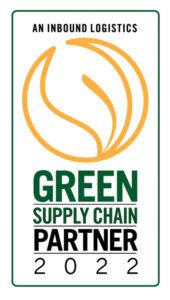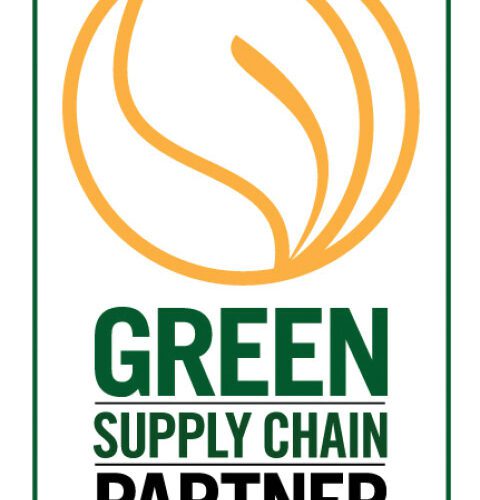 For the sixth consecutive year, the Northwest Seaport Alliance has earned the distinction of being an Inbound Logistics Green Supply Chain Partner. The recognition highlights NWSA’s commitment to protecting the environment through proactive and collaborative partnerships with supply chain stakeholders and communities across the Puget Sound.
For the sixth consecutive year, the Northwest Seaport Alliance has earned the distinction of being an Inbound Logistics Green Supply Chain Partner. The recognition highlights NWSA’s commitment to protecting the environment through proactive and collaborative partnerships with supply chain stakeholders and communities across the Puget Sound.
The 75 organizations selected by the publication Inbound Logistics represent various trade sectors, including trucking companies, railroads, shipping lines, freight forwarders and air cargo carriers. These companies are recognized for their commitment to supply chain sustainability and ensuring that their operations are environmentally friendly.
The NWSA, which is a maritime operations partnership between the Port of Seattle and Port of Tacoma, has made significant progress in sustainability efforts since 2005, working to reduce diesel particulate matter (DPM) emissions by more than 90% since then. In 2021, the Seaport Alliance launched its first zero-emission cargo handling equipment in the Tacoma Harbor and is adding additional zero-emission cargo handling trucks in 2022.
The Seaport Alliance has said that it’s prioritizing the installation of shore power on terminals and building a detailed roadmap to reach zero maritime emissions by 2050 or earlier. Its Northwest Ports Clean Air Strategy includes implementation plans that aim to reduce multiple emission sources including vessels, cargo handling equipment, trucks and port facilities.
Part of the Clean Air Strategy includes the Clean Truck Program, which requires all drayage trucks serving the international container terminals to be model year 2007 or newer, equating to 90% cleaner trucks serving NWSA terminals.
The effort is combined with a truck scrapping program, which partners with other funding agencies to offer scrapping bonuses to help offset the cost of purchasing a lower-emission drayage truck.
“The NWSA air quality team is focused on working with port stakeholders to transition supply chain activities to cleaner, alternative fuels,” the Seaport Alliance said in a statement.
The NWSA also works to keep Puget Sound waterways clean with stormwater treatment systems, tenant education, and new stormwater technologies to efficiently manage stormwater in an industrial setting.
“By continuously improving our facilities, vehicles, equipment, policies, and practices, we are creating a cleaner and healthier environment for our community and employees,” the NWSA explained.
The Seaport Alliance was one of only two U.S. port authorities selected for recognition by Inbound Logistics this year, with the other being the Port of Los Angeles. Other entities recognized as Green Supply Chain Partners by the publication this year include Crowley, Evergreen Line, Lynden and Matson Logistics.

